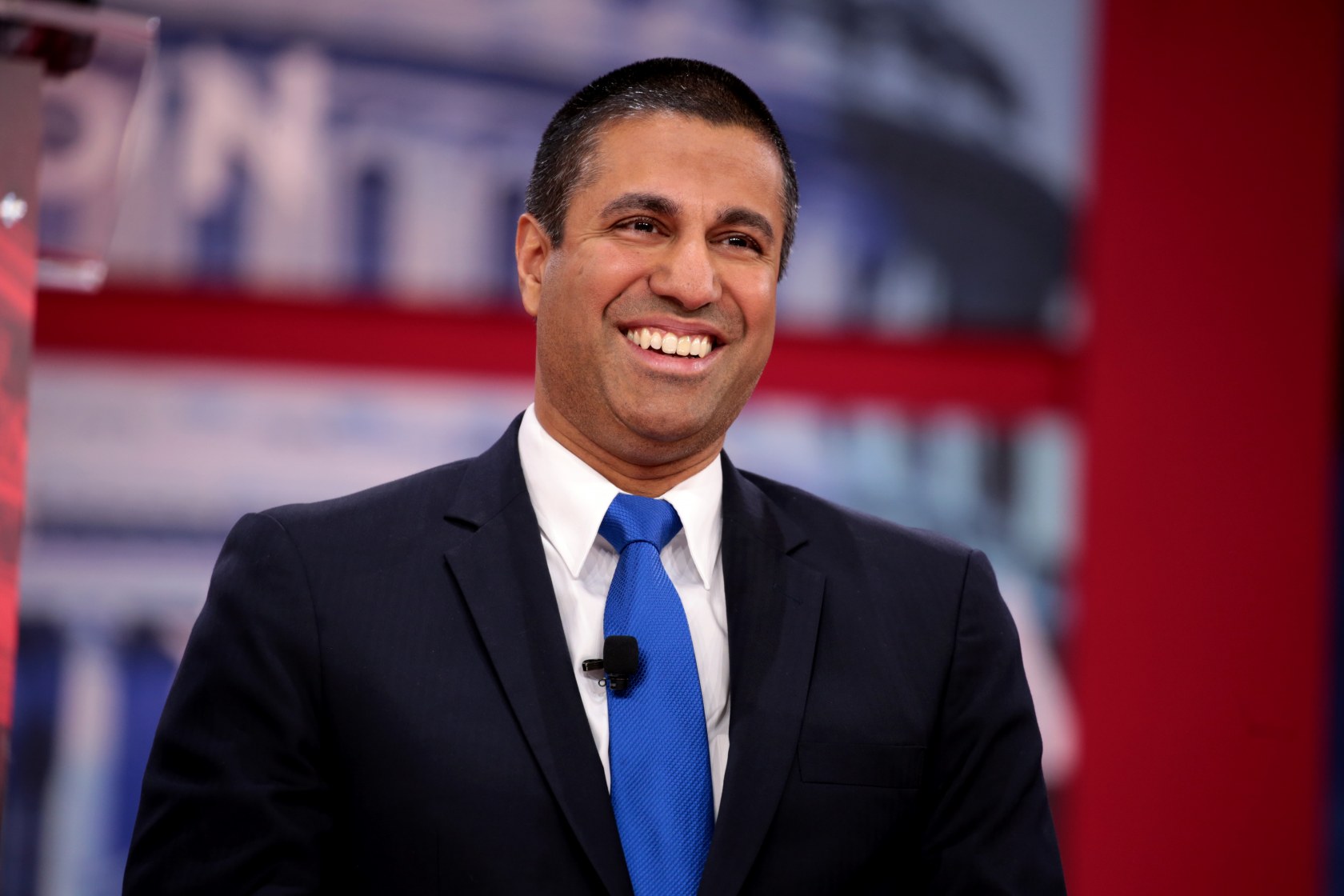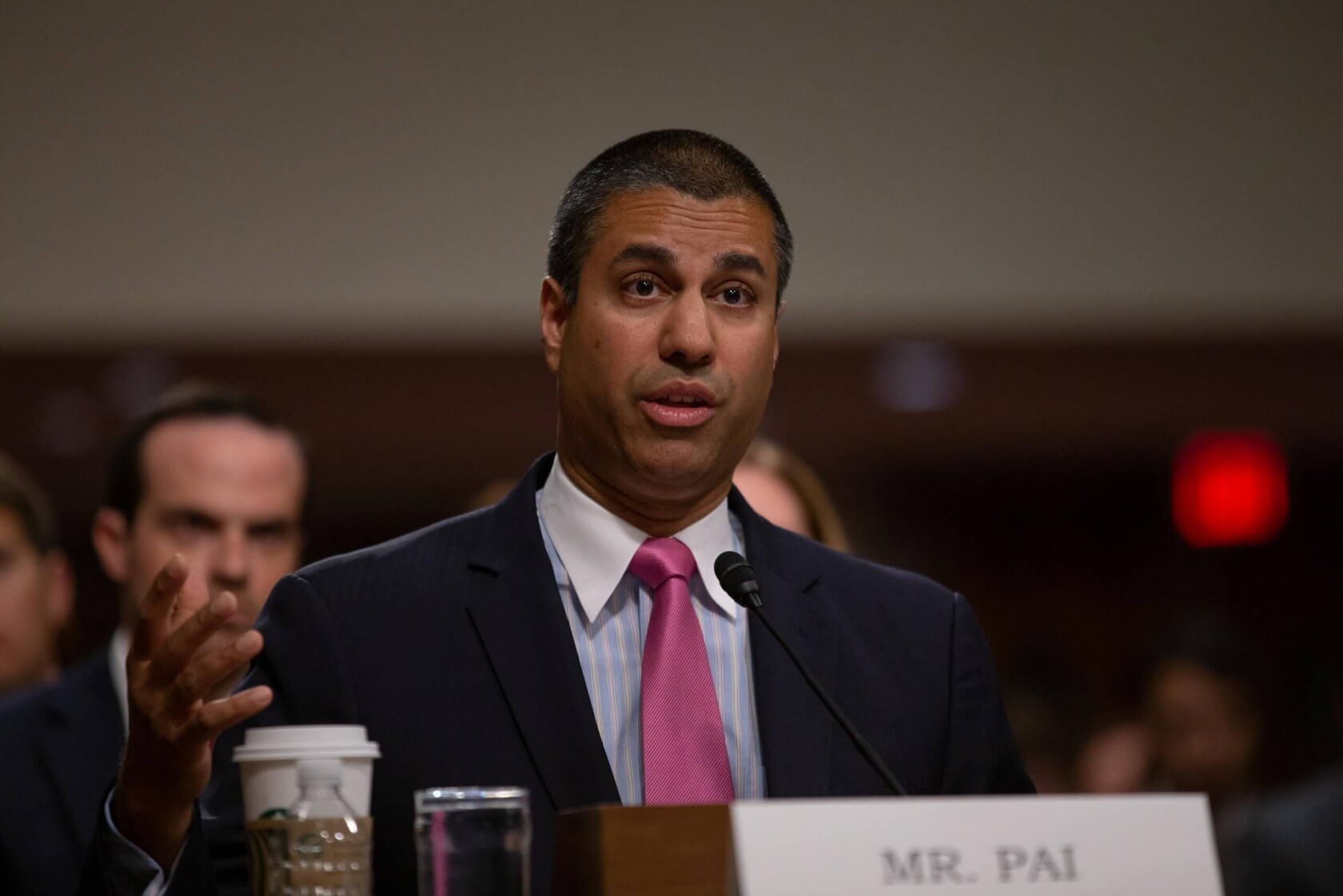In context: The current FCC has proven to be a bit controversial since Chairman Ajit Pai took over – the infamous anti-net neutrality vote is still discussed to this day – but it's not as if the organization hasn't tried to do good for consumers. On the contrary; Pai and his fellow Commissioners have been pushing to connect rural Americans with broadband internet for quite some time.
Today, the FCC approved $121 million in funding to boost the rollout of rural broadband connectivity. In theory, this funding should bring serviceable internet speeds to roughly 36,579 homes and business across 16 US states.
This expansion won't happen overnight, though. In fact, the timeline for this project is fairly long: the funding will be handed out over the next decade.
According to the FCC, this is the "fourth wave" of funding that has been authorized on the back of the Connect America Fund Phase II auction. Internet providers could begin to receive early portions of this cash as soon as this month.

The FCC says it has already authorized over $924 million in funding for broadband connectivity. In total, the organization plans to approve $1.488 billion, which could connect a dizzying 700,000 unserved or underserved rural homes and small businesses.
If you're wondering where the rest of the $137 million is going (we've only mentioned $121 million so far), Engadget reports that the FCC "separately greenlit" an additional $16 million for the purpose of bringing high-speed internet to about 8,000 rural New York-based businesses and homes.
Only time will tell whether or not the FCC and American ISPs can deliver on these lofty promises and goals.
